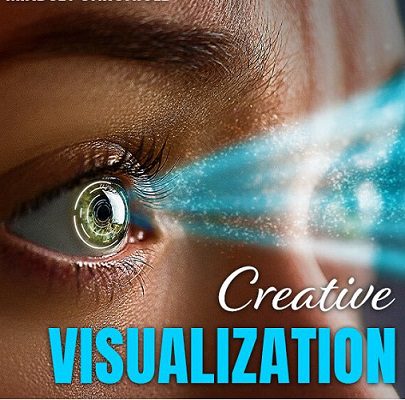What is Experimental psychology Characteristics importance Orientations
Psychology is the science of human behavior and mental processes . Therefore, there are procedures that are essential in the study of this discipline. We understand by experimental psychology the branch of psychology that uses experimentation to explain certain phenomena.
The study of variables in this psychological field is carried out using the scientific method . That is, through observation, recording and manipulation of the variables involved. In this article we review in detail what the experimentation of variables in psychology consists of.
Characteristics of experimental psychology
Experimental psychology is characterized by being objective . This means that there is no room for opinions. Still, the results of an experiment can be refuted. To dismantle the results of a scientific investigation, a new one must be carried out.
Another of the important characteristics in the field of psychological experimentation is that it is based on the collection of facts . Provided that the information is free of bias , it can be established that the results of a study are valid.
Now, let’s see a list with other specific characteristics:
- Study the cause and effect relationships between the human body and the mind.
- Use people or animals to obtain the information.
- It provides results based on descriptive psychostatistics.
- Studies are focused on psychological constructs, such as memory and motivation.
- Use the steps of the scientific method to carry out the experiments.
- Research takes place in controlled environments, such as experimental laboratories.
Why is experimental psychology important?
In its beginnings, psychology was a branch of philosophy and its postulates had no scientific validity. There is no doubt that the importance of experimental psychology has been to give the character of science to the study of the human mind .
If it weren’t for scientific methods, there would be no way to measure the intensity or prevalence of observable behaviors. Thanks to the existence of psychological evaluation instruments, it is possible to determine when a behavior ceases to be adaptive and becomes a disorder.
The fact that experiments exist in psychology has also brought advances in the field of therapies . The psychological currents most used for the clinical approach are those that base their methods on scientific studies.
Orientations of experimental psychology
Since its inception, experimental psychology has had well-defined areas of focus. Of course, all these currents meet the essential criterion of using the scientific method .
1. Cognitive psychology
In cognitive psychology , the focus of study is on mental processes . It is about investigating how the human mind is involved in aspects such as memory, learning and the perception of reality.
All these investigations must be able to measure their results . However, it is not easy to measure the constructs that have to do with the human mind. In order to determine the magnitude of a mental process, sophisticated methods of psychometric evaluation are used, in addition to interviews .
2. Behavioral psychology
Regarding the area of behavioral psychology, it is easier to carry out the measurement process. As is to be expected, all observable behaviors can be measured through direct observation. In behavioral studies, cognitive factors are not taken into account, but rather the stimuli that cause behaviors.
In the field of behavioral psychology, conditioning is the way of experiencing par excellence. It consists of explaining how the behavior of a person or animal can be changed through natural stimuli or created by the researcher.
3. Cognitive-behavioral psychology
Cognitive-behavioral experimentation is a fusion of the two orientations mentioned above. Therefore, it is about the study and measurement of human behavior without neglecting the mental processes involved . It is one of the most popular currents, as it enjoys good reliability.
In cognitive-behavioral studies, the psychic stimuli that motivate observable behavior are taken into account. Accordingly, the measurement instruments are designed to assess the intensity and regularity of mental processes, to then establish a direct relationship with behavior.
4. Evolutionary psychology
People begin to form our personality from the early stages of development. Accordingly, evolutionary psychology is in charge of studying and recording the factors that influence the acquisition of personality characteristics ; biological and social aspects are the focus.
5. Educational psychology
The mental processes involved in people’s learning are also the object of study for psychology. Regardless of at what stage of development the learning process occurs, science is responsible for measuring how people are able to acquire new knowledge .
Within the framework of educational psychology, the age of people is taken into account to determine the type of learning that corresponds to them. In this way, the results can be measured objectively.
6. Affective psychology
Affectivity also has its own area of study within psychology . Although it is true that this aspect is related to cognitive processes, it requires a separate study. Taking into account that human beings are gregarious beings (we need socialization) it is natural that this modality exists.
Who can perform the experiments?
Throughout history, experiments in psychology have been carried out by psychiatrists and psychologists . Indeed, it is necessary for researchers in this field to have basic studies on behavior and mental processes. But in addition, it is important to know about the various research models that exist.
In any case, in order to carry out a valid and objective psychological study, an approach to the problem must be carried out and the variables must be defined. The researcher must be able to verify that he has the credentials to handle the psychological variables that are the object of the experimentation .

